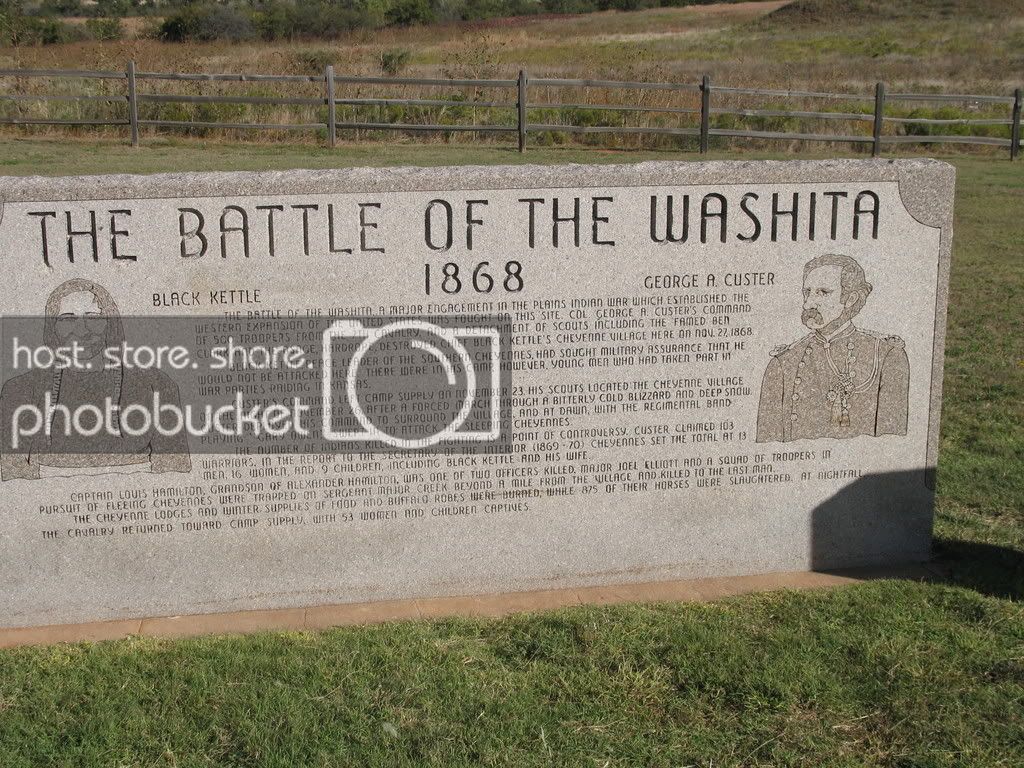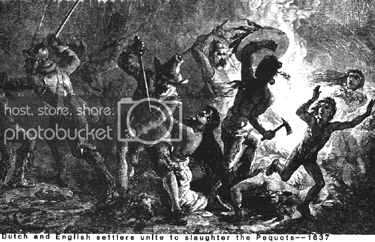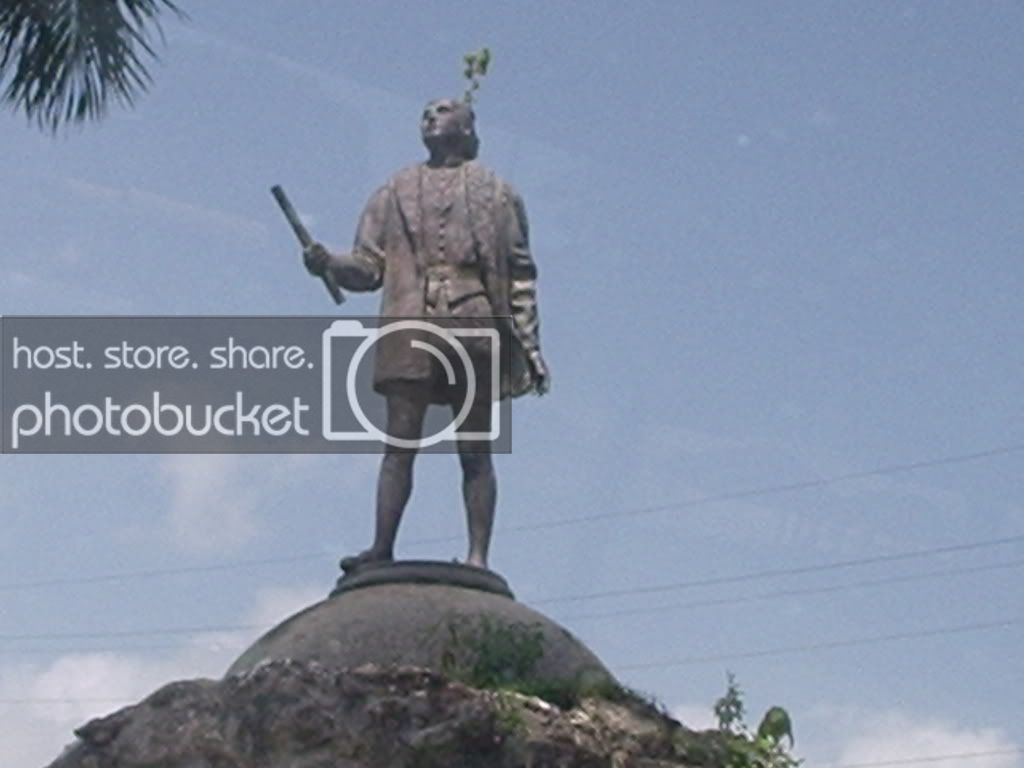Michael Medved And Genocide Denial, AGAIN
( – promoted by navajo) “Few opinions that I will express” are more certain that Michael Medved denies genocide. No, it is not an opinion, he literally denies genocide (1st article from 2007). Reject the Lie of White “Genocide” Against Native Americans Few opinions I’ve expressed on air have produced a more indignant, outraged reaction … Continued









